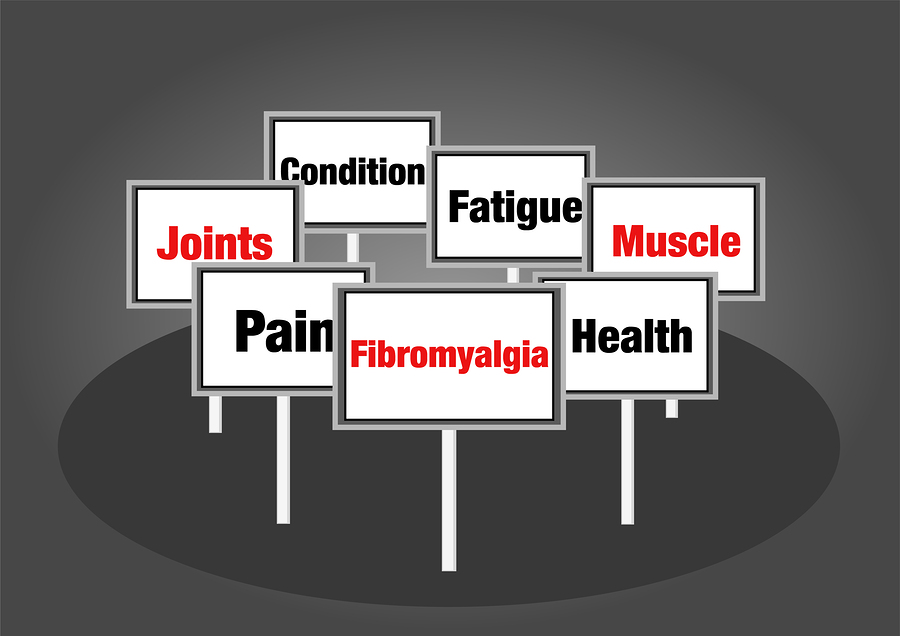
A Doctor’s Guide to the Heart
February is American Heart Month. In honor of this growing and important awareness month, The Springs at Simpsonville asked Dr. Forrest Smith MD to outline the heart, its factors, and how to prevent negative outcomes at home.
A Doctors Guide to Preventing Heart Disease
By Forrest Smith MD
The key to preventing (and reversing!) heart disease lies in knowing what causes it, knowing your risks for developing it, and then doing all you can to reduce those risks.
What Causes Heart Disease?
It is not just a matter of elevated LDL (so-called “bad” cholesterol) regardless of what mainstream doctors may tell you. If it were all about LDL, how do you explain that roughly half of all heart attacks occur in persons with normal levels? Studies show that LDL levels do not correlate with atherosclerosis (hardening of the arteries caused by plaque buildup in artery walls). A much stronger indication of heart disease can be seen with low HDL cholesterol and elevated triglyceride levels. This is because high triglycerides change the way the liver packages cholesterol. High triglycerides predict smaller, more numerous particles.
Small, densely packed cholesterol particles are higher risk. This is because they are small enough to penetrate between the cells lining the blood vessels—the endothelial cells. Once they are outside of the vessel, they are subject to oxidation. Oxidized LDL is dangerous. Non-oxidized LDL is safe–another reason to keep your antioxidant levels high. (Eat those veggies, berries, and fruits!)
Understand This: Cholesterol is Good For You In Moderation.
Cholesterol is actually a very important nutrient to the body and our liver is programmed to make cholesterol if dietary intakes are low. Cholesterol is the precursor to making a number of essential hormones: mineralocorticoids (regulate our water/salt balance in the kidney), cortisol (our “fight or flight” response) and our sex hormones (testosterone, estrogen and progesterone) among others. It is also the start of making vitamin D.
Cholesterol which is too low is a sign of malnutrition. Low cholesterol can affect brain function, resulting in depression and memory problems. This is a problem I see often in patients whose cardiologists have been overaggressive in lowering their LDL. They have brain fog and funk.
To test for the particle size and number, your doctor can order an expanded heart health test. The one I use most often is the LPP (Lipoprotein Particle test) by Spectracell. It measures a lot more than just triglycerides, HDL and LDL.
Inflammation and Heart Disease
In the last decade or so there has been an entire paradigm shift in our understanding of the causes of heart disease. More importantly than cholesterol, inflammation is a major cause of atherosclerosis. Any process which increases low-grade chronic inflammation anywhere in the body also affects the heart.
This type of inflammation is often caused by infection, sometimes hidden infection, such as gum disease. Rheumatologic and other autoimmune diseases such as RA and lupus carry higher cardiac risk. Oxidative stress, which is often associated with chronic inflammation, is another major risk factor. Chronic emotional stress and unresolved emotional issues (especially anger) are associated as well as the buildup of environmental toxins in the body.
Markers for Heart Disease Risk
C Reactive Protein (CRP)
CRP is a marker of inflammation.
Homocysteine
Homocysteine is damaging to the endothelial cells (artery lining). High homocysteine occurs when vitamins B12 and folate are not utilized properly.
Insulin
Elevated insulin of pre-diabetes and diabetes is damaging to endothelial cells.
Apo B
This is the primary component of LDL. High levels lead to plaque formation.
Lp(a)
“Lipoprotein little a” is a type of particle very atherogenic—it is easily oxidized and increases clots. This is an inherited risk factor which is not altered by lifestyle changes such as diet or exercise.
Fibrinogen activity
Not often tested for, fibrinogen indicates coagulability—the tendency to make clots.
Blood Viscosity: The Future Marker of Heart Risk
Viscosity is how “thick” the blood is–measured in research studies. Blood viscosity is determined directly by four primary factors: hematocrit, RBC (red blood cell) deformability, plasma viscosity, and RBC sedimentation/aggregation.
Preventing and Reversing Heart Disease
When it comes to heart disease, the more proactive you are the better. There is much that you can do on your own to dramatically reduce your risk for heart disease, as well as to help manage and reverse your symptoms if you already have it. And for most people, heart disease is largely the result of long-standing unhealthy habits. By following the recommendations below, you can go a long way toward preventing and reversing heart disease; both on your own and, if necessary, by working with your doctor. The most important key is to get started now.
Top 5 Heart Healthy Steps:
1. Diet
Do not be concerned with the amount of cholesterol in your diet. The greatest dietary culprit is sugar. By far, sugar is the promotor of high triglycerides and inflammation.
- Eat a Paleo/Mediterranean (vegetable-based with supplemental Omega-3’s and olive oil).
- Greatly reduce: sugars, refined carbs, starches as these all trigger insulin and lead to fat accumulation.
- Include more: vegetables, fruits /berries, nuts and seeds, and legumes.
- Grains should be very limited with little to no wheat. (If you are told you are gluten-sensitive: wheat, barley, and rye should be avoided altogether).
- No dairy is recommended. As with gluten, many persons are unaware of dairy sensitivity.
Do a trial 4-week elimination of all dairy and gluten, then re-challenge. Watch for symptoms after 3 days (48-72 hr. is the time required for IgG antibody response). Keep in mind that dairy is pro-inflammatory and promotes cancer growth. - Organic meats only. (Avoid antibiotics and hormones in “factory” meats. Wild-caught fish only).
- Get lots of good fats. Healthy oils to use liberally are: olive oil (>1/4 C/day), coconut oil (for cooking at high temps), avocado, organic butter (if not dairy sensitive this may be used in moderation).
- No margarine/butter substitutes or any hydrogenated/partially hydrogenated fats.
- No fried foods (trans fats).
- No sodas.
- Avoid packaged and processed foods as able.
- Avoid microwaved foods as these are void of nutrients.
- Educate yourself about GMO and avoid GMO foods. Watch the video Genetic Roulette which can be viewed for free on YouTube or Netflix.
2. Supplements:
- Omega-3 fish oils are a very important factor for lowering cholesterol and protecting against inflammation, thus they are the mainstay of heart-healthy supplements. They are as effective in lowering triglyceride levels as any of the prescriptions and they help convert the size of your cholesterol particles to the large, buoyant form which are healthier.
- Niacin is an effective supplement when the risk marker Lp(a) is present and it can do what no drug can: it can increase your HDL.
- Other heart-healthy supplements are Co Q-10, Alpha Lipoic Acid, Red Yeast Rice and plant sterols. Check with your integrative-minded physician about these recommendations.
3. Exercise:
You should get at least 30 minutes of exercise, every day. Aerobic exercise like walking, cycling, jogging, and swimming are good. I recommend you also include some weight-bearing exercise. Exercising with weights or resistance helps build more lean muscle and increase metabolism. Muscles burn approximately 5.5 times as many calories as fat. I also recommend T’ai Chi or yoga. These practices have endured thousands of years for good reason: they have benefits of reducing stress and improving your mind-body connection. If you are unused to exercising, consider a consultation in my office with our exercise physiologist, Ginie Hogan. She is also a certified yoga instructor. The two of you can create a program that is appropriate for your specific needs.
4. Lifestyle:
If you are overweight, develop a lifestyle change that can help you lose it. If you smoke, seek help so that you can quit. It is also important that you get a good night’s sleep for at least seven to eight hours every evening. Consider our “First Line Therapy”. These programs for lifestyle management can reduce your heart health risks. If you’re constantly worried or stressed about something, we have a whole section below on stress-management.
5. Stress Management:
Given how closely linked chronic stress is to heart disease, it’s important that you take time each day to “de-stress” yourself. Useful ways for doing so are meditation, deep breathing exercises, regularly engaging in hobbies and other enjoyable activities, and spending time with loved ones. Yoga is a great way to nail two birds with one stone (exercise and de-stress!), and creating an at-home spa treatment can help to relax your nerves.
About the author:
Forrest Smith MD is a board-certified internist with 33 years of inpatient care. For the past decade, she has changed her practice to integrative medicine, incorporating more nutritional and natural remedies including homeopathic and bio-energy assessment. For more information about heart health and the cholesterol, myth visit ForrestSmithmd.com.
This article originally appeared on caravitahomecare.com




